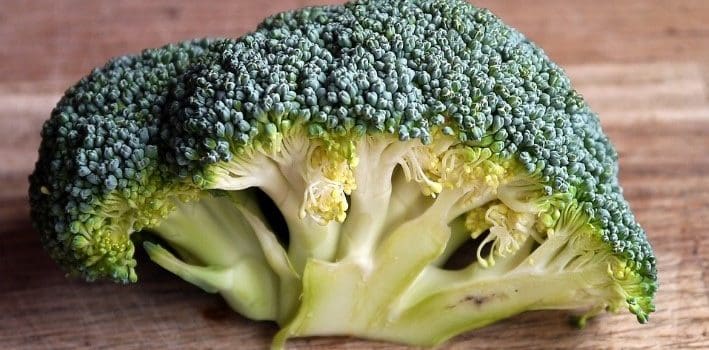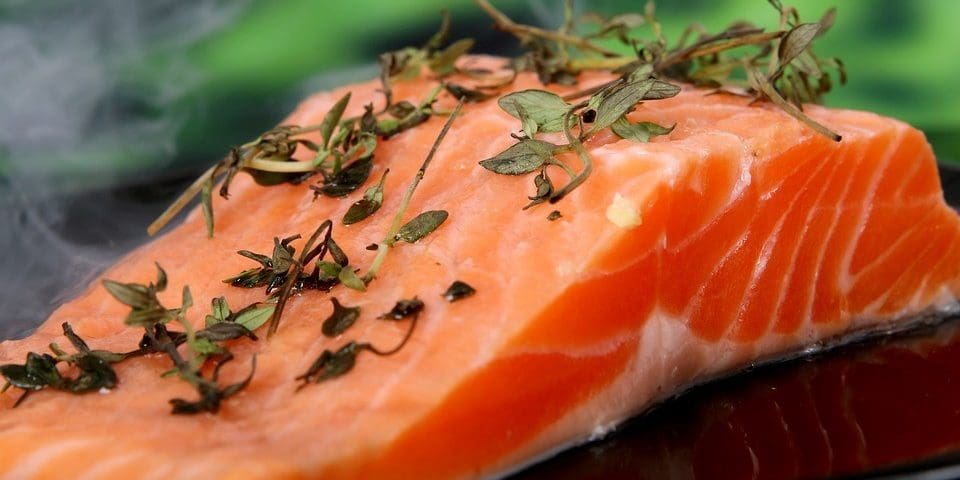Mental health is undoubtedly a loaded term. For some, it can symbolize the heaviest burden in their life and for others, a subtle, or even subconscious, buzz of discomfort that goes with them through life. For mental health professionals and researchers, it symbolizes what motivates them to continue contributing to solutions and coping mechanisms for those affected with mental health issues.
Today in age, society is focusing on the importance of mental health more than ever before. This is great news, as it helps break down taboos and build awareness about the signs of mental health decline and encourages us to seek help for ourselves or for others.
We are also coming to the realization that mental health can be promoted through a series of self-care techniques, many of which can be implemented into your daily life.
Diet and Mental Health
One of the key elements that we can do on a daily basis to promote mental health is implement a healthy, body-specific diet. A diet isn’t “restrictive” as we often come to think of it. Rather, your diet is a long-term pattern of eating.
Making balanced food choices one day (fruits, vegetables, whole grains, lean proteins, healthy fats, low sugar, etc.), and eating pure junk food the rest of the week, isn’t an example of a healthy diet. We must make those same balanced food choices continuously for us to have a healthy diet.
The connection between diet and mental health may not seem obvious right off the bat. However, if we think of the foods we eat as chemical components, like vitamins; minerals; amino acids; fatty acids; and energy (sugars), they undoubtedly influence our bodies on a cellular level. Food components can boost our energy and concentration, make us feel sleepy or lethargic, and everything in between.
So, if components that make up food are able to influence our health on a cellular level, our brain cells are included. Certain foods (and, more importantly, certain diets) will have more of what our brains need to maintain balance and promote mental health, in addition to physical health.
In fact, in medicine and nutrition there is something called the gut-brain axis that describes the exact mechanism with which our digestive system is connected to our brain.
To inspire you to make healthy food choices, here is a list of 7 foods that promote mental health.
7 Foods that Promote Mental Health
1. Kombucha
Kombucha is a fermented beverage traditional to China, where it was used to treat ailments linked to inflammation, like arthritis and cancer. Today, with the knowledge we have about healthy gut bacteria, we know that Kombucha is one of the foods that can help us to establish digestive balance.
What does this have to do with mental health? A healthy population of gut microbiota (‘good’ bacteria) can activate neural pathways that may help to prevent and treat mental illness, including anxiety and depression.
While it easy relatively easy to find in health food stored, you can make Kombucha at home with tea, sugar, and an active starter culture of bacteria or yeast.
2. Salmon
Salmon and other cold-water fatty fish like herring and sardines, contain significant of omega-3 fatty acids. Two types of omega-3 fatty acids, docosahexaenoic acid (DHA) and eicosapentanoic acid (EPA). Our brains are mostly composed of fats that we cannot make in our bodies, so we need to get the fat we need for brain health from our diet. Omega-3 fatty acids may stimulate the production of brain chemicals responsible for our mood, which is how they likely influence our mental health.
Diets high in Omega-3 fatty acids have been shown to improve symptoms of unipolar and bipolar depression, ADHD, and even schizophrenia, among others.
Salmon is also rich in vitamin D, which may be beneficial for people with ADHD, bipolar disorder, schizophrenia, and impulsive behavior.
3. Quinoa
Our brain needs glucose (energy) to function, and complex carbohydrates are the best sources of this glucose. Refined carbohydrates, like sweet cereal and white bread, provides energy quickly, but it also raises your blood sugar, and can have an addictive effect on our brain.
Whole grains, like quinoa, release energy slowly while also providing plant-based protein, vitamins, and minerals.
4. Free-Range Chicken
Protein is essential for making and stimulating multiple substances in our body. The amino acid tryptophan is one example of a protein building block that directly influences brain health. Tryptophan stimulates the production of serotonin, a neurotransmitter that helps to improve cognitive functioning. Research shows that diets rich in lean proteins help to reduce the symptoms of depression and anxiety.
5. Black beans
If you have chosen to lead a plant-based (vegan or vegetarian) diet, chicken and fish suggested above make not be an option for you. You can get lean protein from foods like black beans, which, when mixed with whole corn or brown rice, provide complete proteins.
6. Broccoli


Broccoli and other leafy green are rich in folate and other B vitamins, which are important for healthy brain metabolism. Initial research suggests that deficiencies in folic acid and vitamin B6 can increase the risk of neurodevelopmental disorders, like depression, anxiety, dementia, and schizophrenia.
Broccoli is also rich in selenium, a mineral that supports hormone metabolism and immune system health. Eating foods rich in selenium may also help to reduce your risk of selenium-related Major Depressive Disorder.
7. Bananas
Diets rich in raw fruits and vegetables are shown to be correlated with greater life satisfaction, reduced depressive symptoms, and improved mood. Raw fruits and vegetables are rich in micronutrients. Micronutrient status has a direct effect on physical and mental health, as discussed elsewhere in this article.
In one study, diets rich in bananas were one of the foods shown to be correlated with positive mood.
Conclusion
Diet, including individual food choices, is an important part of mental health, but the prevention and treatment of mental health disorders must be approached in a holistic fashion with medical professionals, psychologists, psychiatrists, and nutritionists alike.
If you are having depressive or suicidal thoughts, unexpected and sudden changes in mood, or other difficult feelings, you don’t have to go through this alone.
If you are in the US, call the mental health hotline immediately: 1-800-273-8255 or text START to 741-741. You can also find a list of international hotlines lines by clicking here.
Do you have a favorite food for your mental health?
Tell us about your experience in the comments!
What topics related to mental health would you like to see us explore?
Email us at info@painresource.com with your ideas.
Are you on Facebook?





